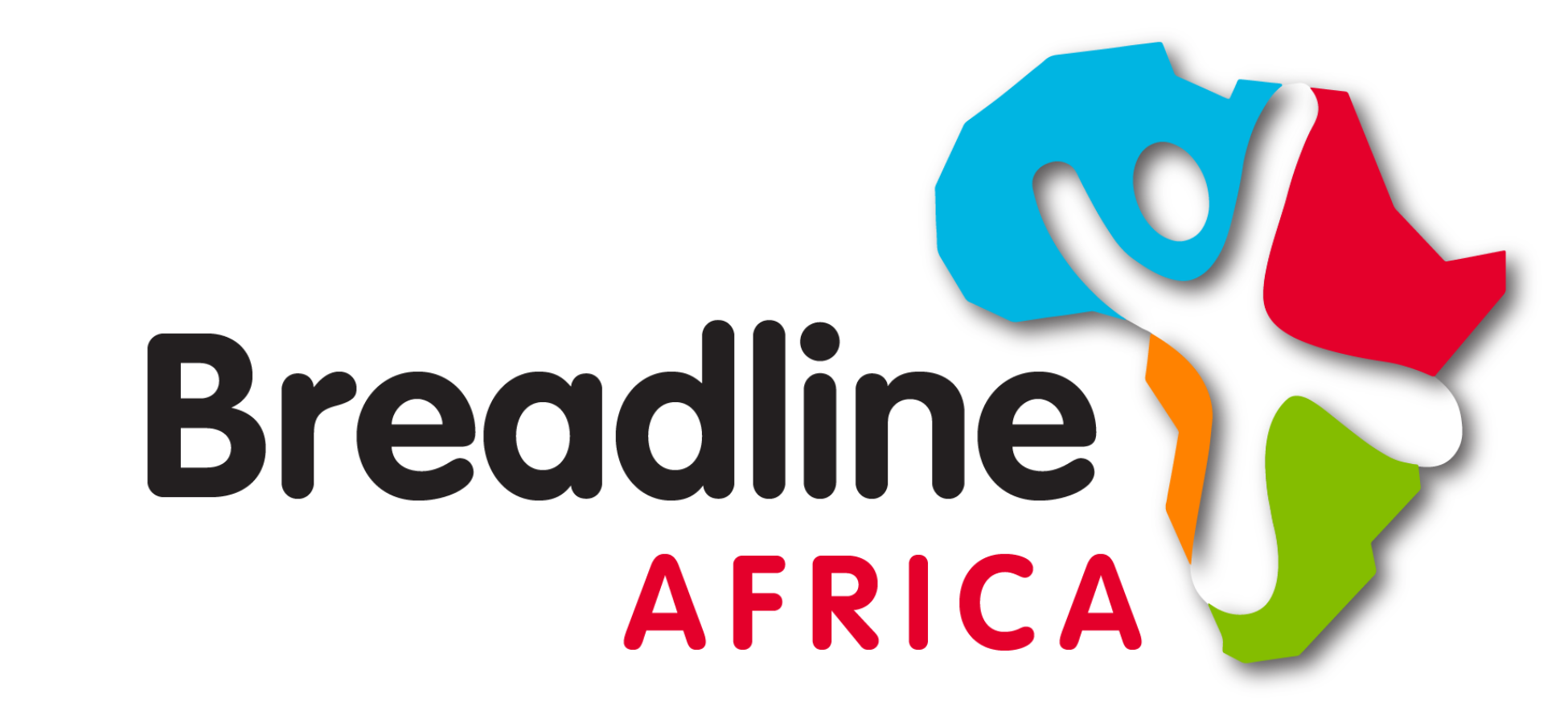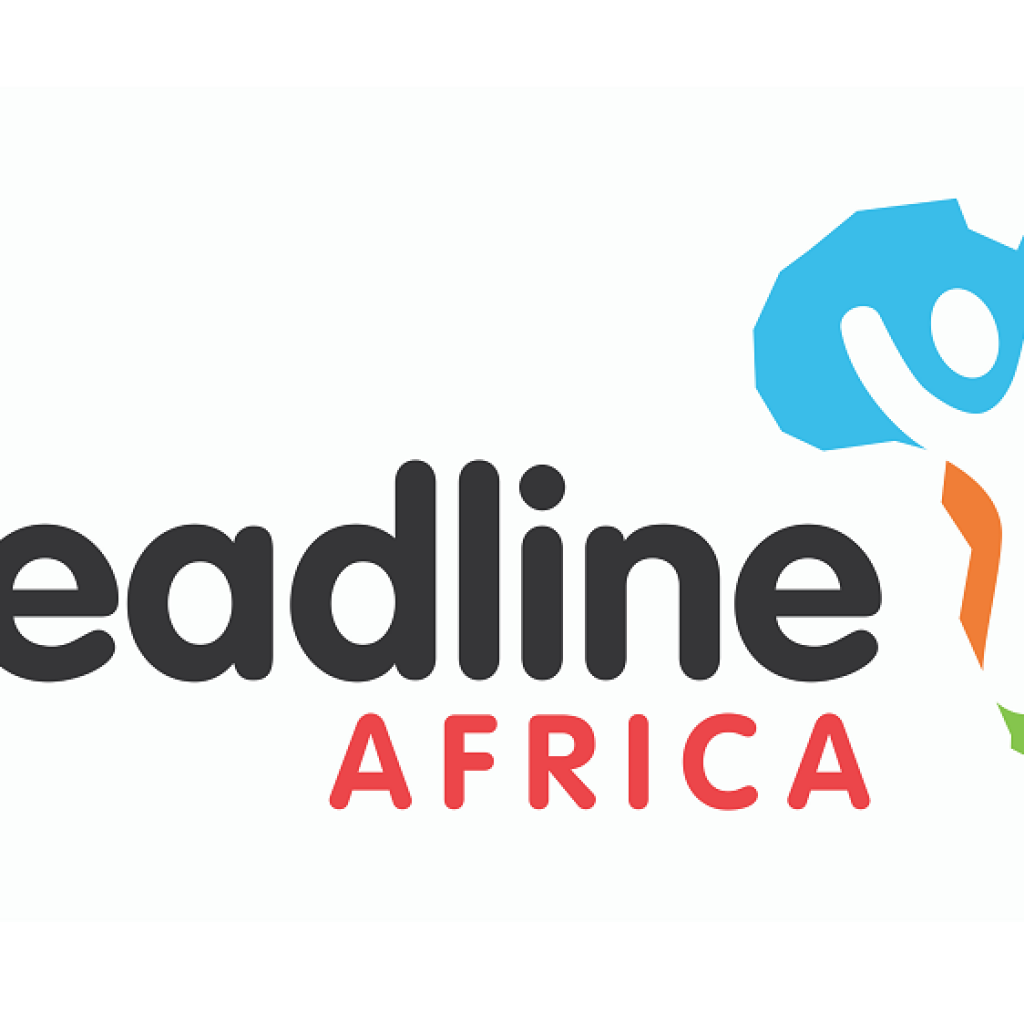Donation Acceptance Policy
Purpose Statement
Breadline Africa believes that every child has the capacity to do something
phenomenal with his or her life. When a child’s imagination is unlocked, possibilities are opened up, allowing them to choose a path for their own future. Breadline Africa enables this journey by providing initiatives and infrastructure to support childhood development in Southern Africa through early childhood education.
Breadline Africa (RSA) NPC (hereafter abbreviated to BLA) has its offices at 1 Platinum Park, 101 Capricorn Drive, Capricorn Park, Muizenberg, Cape Town, 7945, South Africa. Its non-profit number (as provided by the South African Department of Social Development is 053-406-NPO and its public benefit organisation number (as provided by the South African Revenue Service) is 930021936.
The purpose of this Donation Acceptance Policy is to govern the acceptance or non-acceptance of proposed gifts and to provide guidance to donors and their professional advisers. All donations are to be considered for acceptance in accordance with the policies in this document and with any other policies or procedures established by BLA.
The principles underpinning this Policy are:
- Transparent and ethical processes for the acceptance and management of donations and fundraising activities
- Protecting the confidentiality of donors and sponsors consistent with their wishes and to the extent provided by law
- Adequately identifying funds and using them for the purpose which they were provided.
- Compliance with all relevant legislation governing fundraising
- There will be a strategic, uniform and coordinated approach for the seeking and acceptance of donations
Gift Acceptance Policy for Gifts from Non-South African Donors
Although BLA’s primary registration is in South Africa, it has formal legal entities in the United Kingdom (UK), Ireland and the Netherlands and is considered an international organisation, able to accept, or consider for acceptance, contributions of cash and property from donors globally to varying degrees.
Regardless of the donor’s country of residence or whether the gift is to be made directly to BLA or through an associate legal entity, acceptance of a gift of any kind must comply with policies and procedures, including but not limited to those outlined in this gift acceptance policy as amended periodically. The acceptance of a gift of any kind to an associate legal entity must comply with all local laws, and transfer of the assets to BLA cannot violate any international or South African laws.
Donation Definition
A donation is defined as a voluntary transfer of assets from a person or an organisation to BLA. Donations are usually in the form of, but are not limited to, cash, securities, real estate, or personal property.
BLA may accept or decline any donation. The following criteria generally identify a donation:
- A donation is motivated by charitable intent
- Donations are irrevocable transfers of assets
- Donations are not generally subject to an exchange of consideration or other contractual duties between BLA and the donor, although objectives may be stated and funds may be restricted to a specific purpose
- Generally, funds received from individuals, closely held corporations, and family foundations will be classified as donations. Funds received from corporations, corporate foundations, and major foundations will be classified as donations unless the grant requires performance or other consideration
- A donation is not completed until it has been accepted by the organisation. BLA reserves the right to decline any donation.
Responsibility for the Acceptance or Refusal of Donations
BLA is a registered non-profit company and public benefit organisation, and as such, will always observe the requirements of South African and international law in relation to the acceptance of donations. Relevant guidance indicates that there is a presumption that, in general, it would be in the best interests of a non-profit organisation to increase the resources at its disposal; as such, any decision to refuse a donation must be made following careful consideration.
The board is ultimately responsible for the organisation’s policy on the acceptance and refusal of donations; and must be able to assure itself that decisions have been made in the best interests of the organisation in each case.
Operational responsibility has been delegated to the Senior Leadership Team, who may refer to the governing board, when appropriate.
BLA, having considered a range of information and undertaken due diligence procedures, will accept donations which are in the best interests of the organisation, including those where:
- The source and proposed purpose of the donation are consistent with, and would not be detrimental to, its strategic and charitable objectives, in particular its vision, mission and values
- Any conditions linked to the support are regarded as reasonable in relation to the nature of the support in terms of its size or impact on the work of BLA
- All reasonable steps have been taken to ensure that BLA is aware of the source of funding for each donation and is satisfied that the funds do not derive from activity that was, or is, illegal
- Due regard has been taken of any reputational risk for BLA that may derive from the acceptance of a donation
- All parties agree that BLA is not, will not, and may never be, held liable to provide any goods, services, advertising or promotion (in cash, kind or otherwise) in return for, and as a condition of, any gratuitous and voluntary donation received
- Any acknowledgement of any donor/funder, in any form and in terms of any publication, press release or otherwise, is done at the sole discretion of the Board of Directors of BLA, and is not, will not and may never be deemed as a condition for gratuitous funding received.
Due Diligence
Due diligence will be undertaken by the Finance Manager with support from the Director. The purpose of due diligence is to evaluate the proposed donation and present an unbiased recommendation, which takes all known facts into consideration. Due diligence should be approached in a transparent manner and should not be influenced by personal judgement.
Due diligence will seek to identify:
- The identity of the donor/organisation
- The source of funding and the activities in which the donor/organisation engage in
- Any possible conflicts of interest
- The purpose of the donation.
The results of due diligence will be presented to the Senior Leadership Team, where a decision on acceptance or refusal of the donation will be made. If a donation is to be refused the Senior Leadership Team will consider all the available due diligence information and make a recommendation to the governing board.
Processing Donations
BLA will process donations in a timely manner, and in accordance with relevant legislation, will issue a tax receipt upon acceptance of a donation.
The organisation will maintain a secure fundraising database that will record sufficient information to manage the donation with regards to the donor’s intent. Each record may contain:
- The name and contact details of the donor or their legal representative.
- The type of donation (cash, in-kind, bequest etc)
- A description of the donation (electronic funds transfer, cheque, money order, shares, property, pledge, in-kind services)
- The amount or value of the donation, including pledge or grant duration period, if appropriate
- The conditions of the donation, if applicable
- The purpose to which funds/goods/services are to be used
- The receipt details
- The recognition provided to the donor by the organisation
- The history of contact with the organisation
- Person responsible for soliciting the donation and donor nurturing.
Complaints and Return of Donations
BLA will not normally return a donation that has been accepted in good faith and in accordance with this policy; the circumstances in which a donation may be returned are extremely limited by law. However, exceptional circumstances may give rise to the need to review the acceptance of a donation. Any decision to return a donation shall be a matter for governing board.
BLA should never accept a donation or enter into a partnership that will result in:
- Anticipated negative impact on its organisational mission
- Unacceptable risk to BLA’s brand, image or reputation with the public, its donors, and/or existing partners for negative publicity about the company or allegations of harmful business practices
- Unacceptable financial risk
- Unacceptable risk of low returns on investment of BLA’s time, energy, and resources.
- A breach of BLA’s ethics and values
- Inference that BLA shares the same views (i.e. political) as that of the donor or condones their activities.
In any relationship, BLA’s independence must be protected, retaining the right to disagree and openly challenge partners and funders with whom it engages. Where the relationships are formally documented or contracted, the Memorandum of Understanding / contract should contain a clause to this effect.
BLA will endeavour to respond promptly to a complaint by a donor or prospective donor about any matter addressed in this policy.
Donations disclaimer – Section 18A (South Africa)
A gratuitous, voluntary donation to BLA, for which no direct, valuable benefit will be provided, in the form of goods or services (in cash, kind or otherwise) or expected to be provided, to the donor, or to any person who is a connected person to the donor, in return for the funding received, will receive a S18A tax certificate. The donation needs to meet the specific requirements in terms of the South African Revenue Service.
To provide funding in return for a direct, valuable benefit, in the form of goods or services (in cash, kind or otherwise) including, but not limited to, promotional materials and advertising: Such funding will be subject to Value-Added Tax (VAT) at the standard-rate applicable in South Africa (currently 15%). International funding not classified as a donation may be subject to VAT at the zero-rate (0%) or the standard-rate (15%), as per the specific requirements in return for the rendering of the service, or the supply of goods, as per South African Revenue Services.


